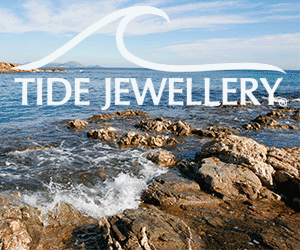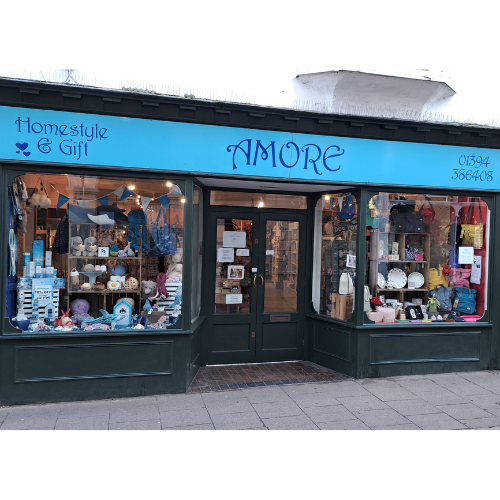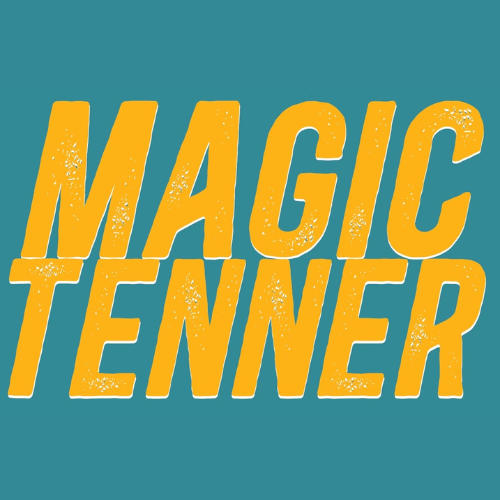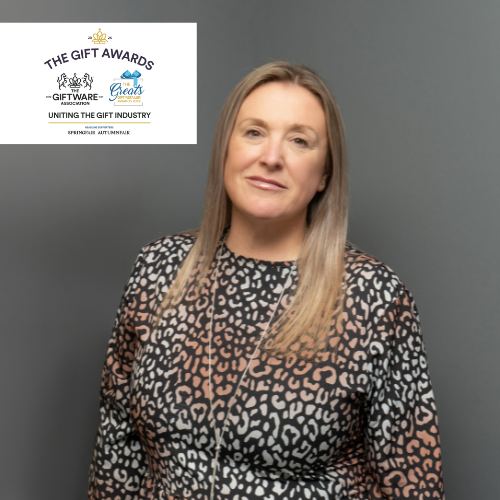Start Licensing’s Ian Downes shares his insights on the licensing industry and retailers making the most of major events and special occasions.
“Over recent times, the licensing industry has got better at making the most of events, be those seasonal events like Christmas, or more specific opportunities such as the recent Comic Relief and World Book Day. In part, this has been driven by requests from, and direction given by, retailers, but there is no doubt that rights holders and licensees are much more tuned into specific marketing opportunities.
“One way that this is demonstrated is that it is much more common for rights holders to develop design materials that are tailored for specific occasions – for example, they will produce specific design guides for occasions like Christmas. This development is opening up more opportunities for licensing to play its part in retail all year round, but it has also helped underlined the fact that licensing is a user friendly business model. Traditionally, rights holders could have been accused of managing programmes with a tight rein. These days there seems to be much more of a ‘can do’ attitude, and a greater awareness of the breadth of opportunities out there.
“Mother’s Day is a great example of this, and particularly in the greetings card space. Through working with my client Nadiya Hussain, and card licensee Woodmansterne, I have seen the benefits of taking a bespoke approach to a specific retail event. Working closely with Woodmansterne, Nadiya created a series of designs and messages which were used on Mother’s Day cards. These were taken up by a range of retailers including independent gift retailer Between the Lines, which featured Nadiya’s cards in their window displays, including a supersized version of one of her cards in a tailormade display. This is a great example of a retailer working proactively with a licensed range.
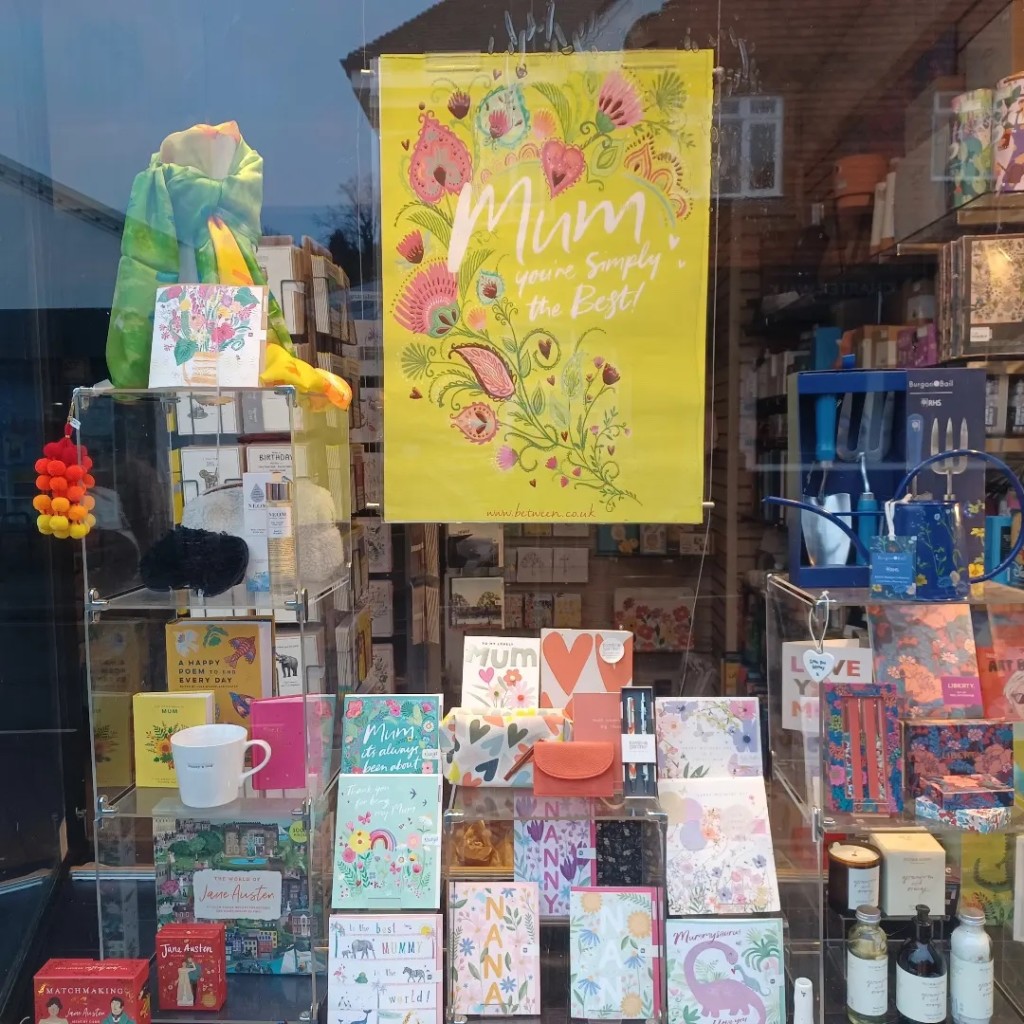
“Other brands such as Emma Bridgewater and Happy Jackson also had bespoke cards and designs for Mother’s Day. Likewise, it is interesting to see brands such as Peter Rabbit being used for Easter cards and ranges. Peter Rabbit, of course, is a natural fit for Easter, but the opportunity has to be supported with appropriate artwork. For retailers, it is worth noting that rights holders are more open to discussions around retail promotions. They are looking for new outlets for their IP and also new channels of distribution. Rather like Between the Lines did with their Nadiya cards, it is possible to use licensing proactively to drive sales in store. There is also scope to build ranges in store that are focused on a specific seasonal design theme.
“It is also interesting to see how events like World Book Day are driving licensing opportunities. The event certainly created opportunities for dress up and apparel companies while, of course, providing a focus for the book trade.
“Organisations such as World Book Day are increasingly looking for, and at, partnerships to further participation in their core programme. There is no reason that licensing can’t play a part in this, and World Book Day can provide a focal point for gift retailers. At the heart of World Book Day are the £1 books that are specially produced for the event. Children can ‘buy’ these using a special voucher that gives them a book for free. This drives footfall into retail. Retailers such as Waterstones, Blackwall’s, The Works and WH Smith stock the books and promote the event. I can see further scope for making more of this event retailwise, but, arguably, this should be done in a way that keeps the core objectives of World Book Day at the centre of things, working with World Book Day in a collaborative way.
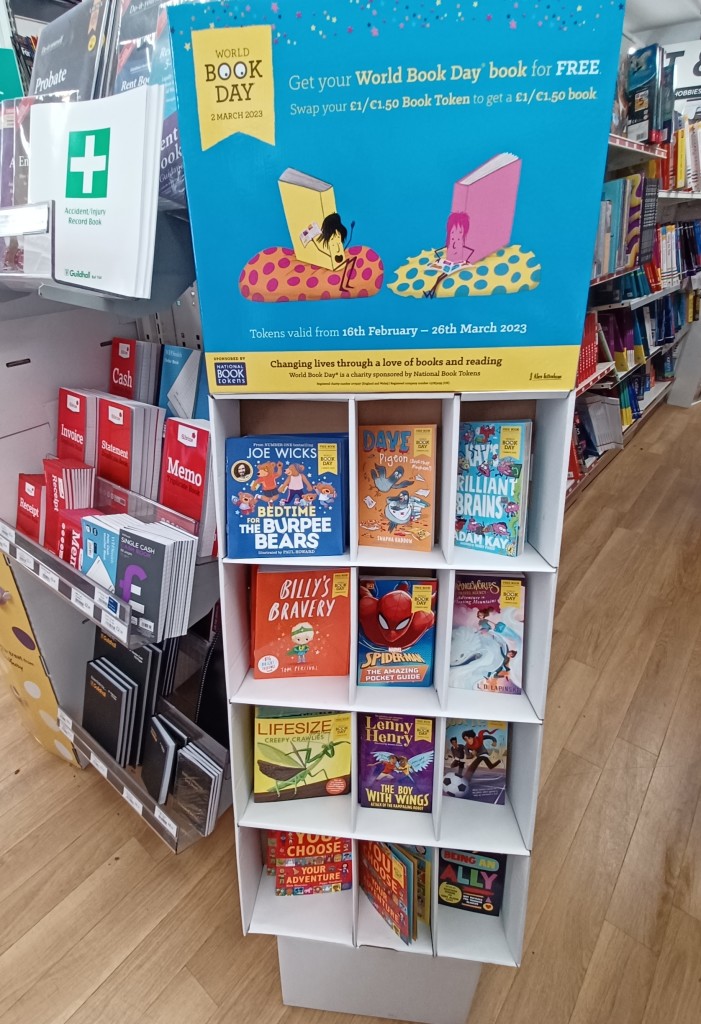
“Likewise, it is always interesting to see how licensees and retailers engage with national events such as Red Nose Day, with character brands such as Mr Men and Little Miss featured in this year’s campaigns. At a basic level, this sort of activity can help spark up fresh interest in a product range and it is probably sensible for retailers to have events like this on their radar.
Another related trend in licensing is an increase in ‘live events’ that have been developed by IP owners. These include music concerts, art trails, escape rooms and exhibitions. Events like these provide opportunities for gift and homeware manufacturers to sell their products – an obvious opportunity exists with the event gift shops – but savvy companies have noticed how live events can drive sales more widely in cities and regionally. Wild in Art’s public art trails that feature characters such as Morph, Elmer and Snoopy bring economic benefits to city centres and locations. For retailers this can see spikes in demand for licensed merchandise.
“Anniversaries are also events that rights holders increasingly focus on. This year is 100 years since artist and illustrator Norman Thelwell was born. There is an exhibition and appreciation of his work at Mottisfont, a National Trust property in Hampshire, near where Thelwell lived. The exhibition has a fairly long run at Mottisfont and, as such, the shop there has chosen to build a bespoke merchandise range to tie in with it sourcing products like prints and greetings cards from licensees. These sort of events can help underpin product development and, if well co-ordinated, can deliver a good level of business. Specialist suppliers such as Star Editions have become expert at working in this marketplace and offering bespoke solutions to heritage retailers. This sort of opportunity could extend beyond the on site opportunity.
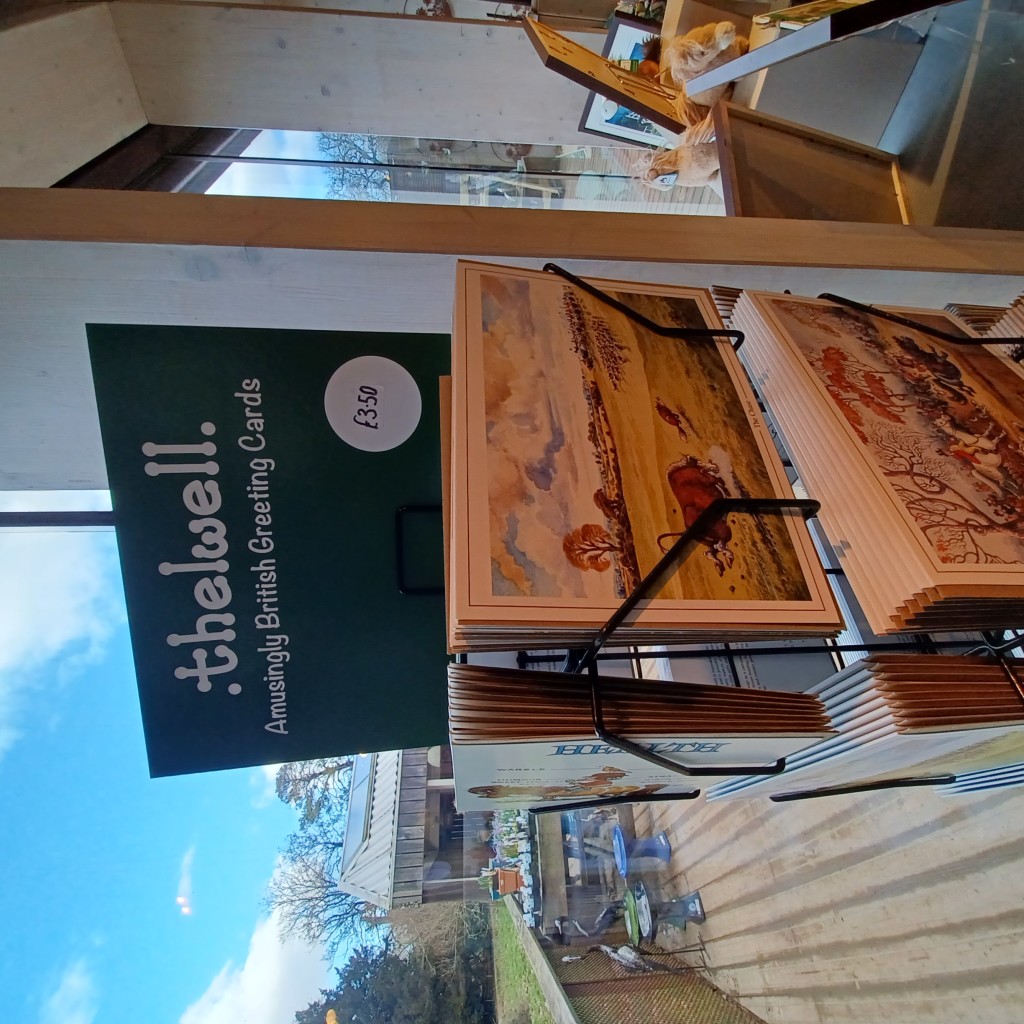
“Heritage brands seem to be more in demand at retail in general terms, and suppliers like Museum & Galleries have done a great job of promoting this kind of licensing to retailers. I noticed in a branch of Foyle’s bookshop on London’s South Bank that they were selling three stainless steel water bottles from Museum & Galleries – one using the Tate Gallery, one the V & A and the other The British Museum. All three looked distinctive and stylish but worked well together.
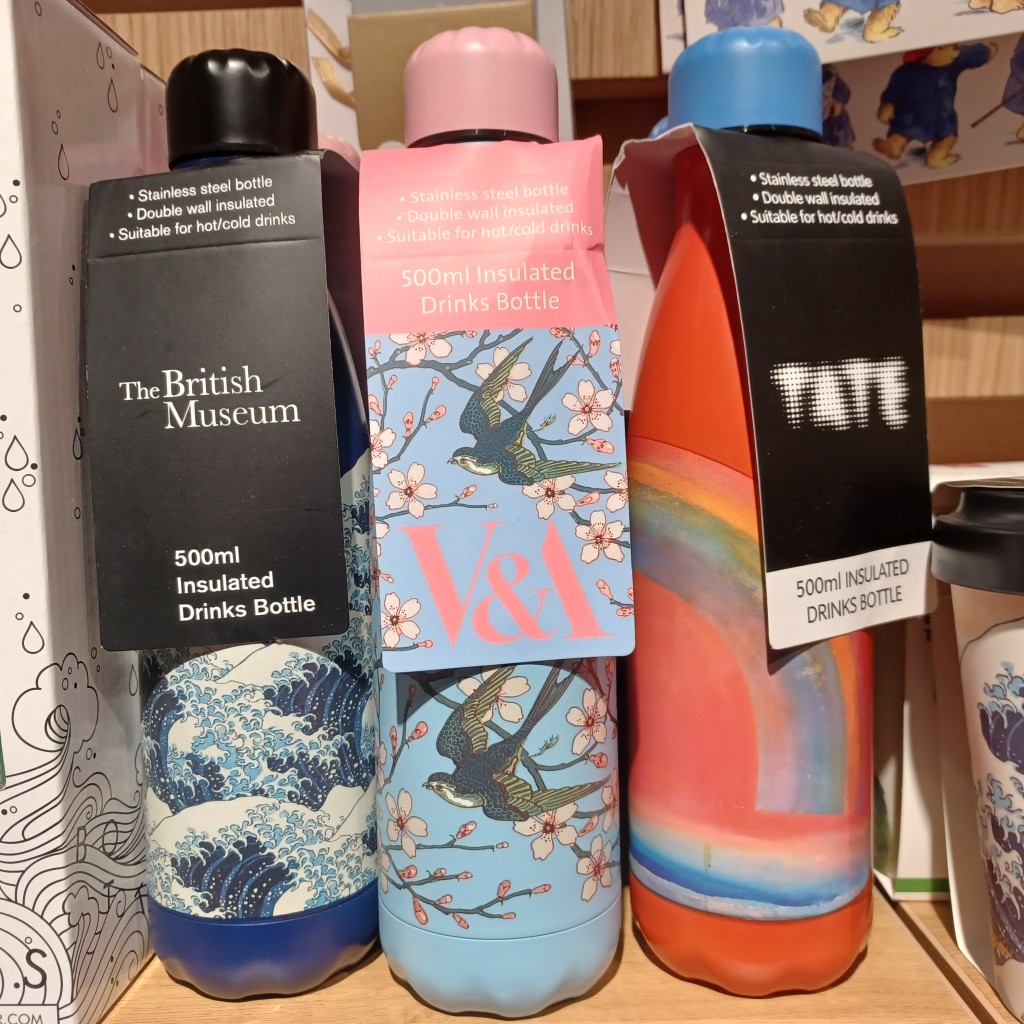
“Given the location of this branch of Foyles, which is in the centre of a tourist hub, it makes sense to stock products like these featuring brands like these. The quality of product and associated design from the heritage sector has improved markedly in recent years and, as such, more retailers are engaging with the sector. Credit to the likes of Museums & Galleries for helping to drive this change.
“If you work in licensing, create licensed products or stock licensed products it is probably a good time to buy a diary or calendar – obviously a licensed one – to make a note of all those key events and to take a more coordinated approach to licensing all year round.”
E: ian@startlicensing.co.uk; Tel: 07776 228454; twitter.com/StartLicensing
Top: Ian Downes runs Start Licensing, an independent brand licensing agency.







